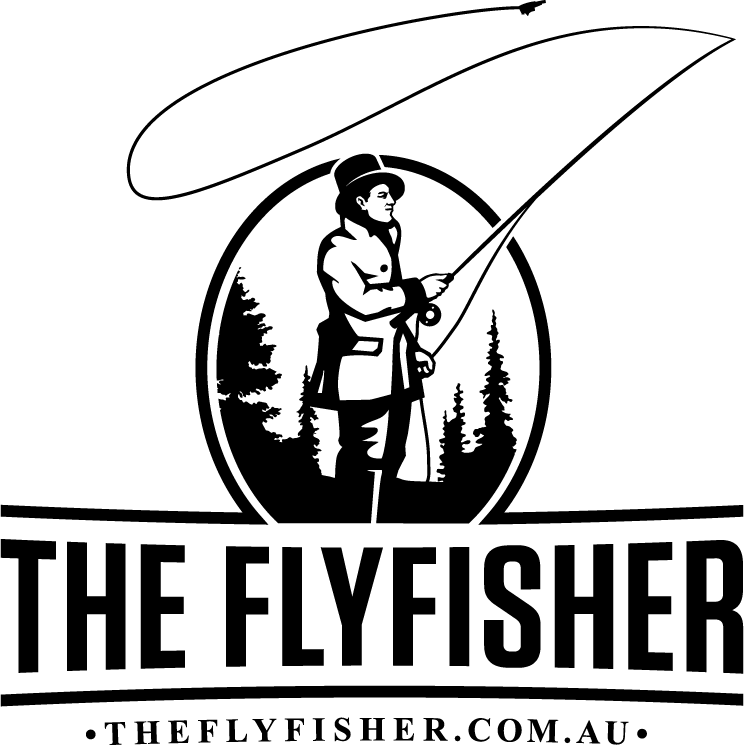Where to start when describing this new book? Perhaps I could begin by quoting the subtitle: ‘A living history of Lake Malbena and the Western Lakes’, although that would be a bit like describing flyfishing as ‘fishing with a piece of fluff tied to a hook.’ Strictly speaking accurate, but also vastly inadequate.
In fact, ‘Wild Heart of Tasmania’ is so much more, it’s difficult to know where to begin. At the book’s core is Lake Malbena; if not geographically in the centre of Tasmania’s Western Lakes wilderness, then certainly a place surrounded by the best of it.
For those who don’t know Malbena’s recent backstory, this lake (and its island) is in the Walls of Jerusalem National Park, part of Tasmania’s designated World Heritage Area. Cocooned within such a highly protected zone, Lake Malbena would normally be considered about as safe from overt human interference as you can get. Malbena was somewhere we were all welcome to camp, walk to and fish; far from the intrusions of everyday life.
Except this is Tasmania, the state that seems to bring out the very best – and worst – in conservation outcomes. So, the short story is that, despite its supposed ‘gold standard’ protection, there’s an ongoing proposal to develop Malbena into a mini resort of sorts, complete with what is effectively exclusive access for paying guests, including a helicopter ride to get there.
The years-long struggle by Greg and countless others to prevent this outcome could easily be the basis for a book all on its own. However, instead, Greg has taken the opportunity to also offer a meticulous history of the Western Lakes as a whole. We learn of the original Indigenous inhabitants and then the early trappers and shepherds.
Last came the recreational hikers, fishers and explorers, with their tracks and huts. It turns out that even a hundred years ago, the Western Lakes wilderness was a keenly sought and highly valued refuge from ‘modern’ life. Mixed in are accounts of natural history, particularly bushfires which have scarred parts of the wilderness, and spared others.
Against this background, Greg chronicles the area’s chequered conservation past, including (ironically) attempts not so long ago by bureaucrats to actually limit visitation by everyday walkers and fishers.
And then, of course, there are the fishing stories. There’s Greg’s own angling journey, in which the Western Lakes play a key role. We also read about unforgettable hatches, unexpected tailers, remote lakes, trophy lakes, and even lakes with no trout!
While all this is fascinating and compelling, the layer which raises ‘Wild Heart of Tasmania’ from good to great, is its very human element. Greg’s relationships have always been an indispensable part of his writings: friends, family, fishing mates, work colleagues, passing acquaintances, adversaries and so on. Knowing some of the background to this book, I half expected an angry diatribe, but it is remarkable how measured and lacking in bitterness it is, which only makes the book more credible and readable. Somehow, Greg manages to be informative and fair as he intertwines all the threads. In this narrative, there are few absolute saints – or sinners.
At the time of writing, the Malbena saga is yet to be resolved one way or the other. But whatever the ultimate outcome for this beautiful piece of Tasmania – and in effect for the much larger Western Lakes – we should never forget Greg’s words towards the end of the book: ‘The sad fact is, every conservation win is temporary, and every loss permanent.’
If you value public access, and the preservation of wild places for the benefit of nature and people, this book truly is essential reading.
Published by Affirm Press, RRP $39.95. Available from The Flyfisher. CLICK HERE TO BUY




